Choose the Right AI Tools
With thousands of AI tools available, how do you know which ones are worth your money? Subscribe to Mindstream and get our expert guide comparing 40+ popular AI tools. Discover which free options rival paid versions and when upgrading is essential. Stop overspending on tools you don't need and find the perfect AI stack for your workflow.
Check out the World’s Best AI Assisted Writing Assistant
partner post
Lex is your AI-powered writing assistant embedded directly in your word processor. It provides sharp, objective feedback to enhance clarity, coherence, and impact in your writing. Say goodbye to writer's block and elevate your writing effortlessly—experience Lex today and transform your ideas into powerful messages that resonate.
The PCDN Team uses Lex almost every day to help improve our writing. It is truly mind-blowing. Give it a try today. If you sign up with our link we will get a % of revenue to support our work
Writing Your Way to Impact: Staying Human in an AI World
Let's be honest: nobody knows what's coming. Some predict 97 million new jobs by 2030. Others warn we're entering permanent contraction where AI eliminates far more roles than it creates. Writing jobs on Upwork dropped 33% between 2022 and 2024. The future for social impact writers? Genuinely uncertain.
What we know: mission-driven organizations need communicators who preserve authenticity while navigating this uncertainty. Whether you're thriving in five years or scrambling to reinvent yourself depends on choices you make today.
The AI Slop Problem
You've seen it—flat, lifeless content flooding LinkedIn, grant databases, and nonprofit websites. AI slop is what happens when people generate content with minimal effort or human insight. For mission-driven work, this isn't just annoying—it's dangerous.
When donors sense your appeal came from ChatGPT, trust evaporates. When foundation officers read their tenth AI-generated proposal of the day, yours disappears. Human-written content gets 5.44 times more traffic and 41% longer engagement, but more importantly, it actually connects with people.
The risk multiplies with vulnerable communities. AI tools trained mostly on Western data struggle with cultural nuances, reinforce stereotypes, or produce tone-deaf messaging that damages relationships you've spent years building. A fabricated statistic doesn't just lose funding—it destroys credibility permanently.
Tools That Might Help (For Now)
These work today. Whether they'll matter in two years is anyone's guess.
Grant writing: OpenGrants drafts proposals using global funding databases. Grantable builds libraries from past applications. Grant Assistant handles compliance. Instrumentl matches international funders.
Multilingual work: ChatGPT supports 50+ languages (quality varies). Claude handles research synthesis. Microsoft's Project Gecko targets Global Majority needs.
Fieldwork: Otter.ai, Google Speech-to-Text, Dragon Anywhere transcribe interviews. Willow offers better Mac accuracy.
Visual storytelling: Canva provides nonprofit design tools. Synthesia creates multilingual videos when budgets don't exist.
How to Avoid Producing Garbage
Do your own thinking first. If you're fuzzy on what you want to say, AI fills gaps with bland nonsense. Start with something worth saying.
Write your first draft yourself. Then refine with AI if helpful. People who do this maintain authentic voice and actually know what they're talking about when asked follow-up questions.
Check everything. AI makes stuff up constantly. Verify statistics, quotes, outcomes—everything. Organizations face real legal liability for AI-generated inaccuracies.
Think about who gets hurt. Before deploying AI in community work, consider how it might harm marginalized populations. Maintain human oversight for anything affecting vulnerable people.
Be transparent. Tell stakeholders when you're using AI. Don't pretend machine-generated content is human work. People can usually tell anyway.
Keep humans in the loop for what matters. Use AI for routine tasks—summaries, first drafts, translations. Reserve strategic thinking, emotional depth, relationship building, and ethical judgment for actual people.
What Might Come Next (Maybe)
Some writers will become strategic orchestrators managing AI systems while focusing on cultural intelligence and ethical judgment machines can't replicate. Whether there will be enough of these jobs for everyone currently writing is unclear.
Others might lead an authenticity revival as audiences tire of AI slop. Raw, real storytelling could become premium. Or audiences might accept lower quality as normal. We don't know.
Grant writers probably won't disappear immediately, but "AI-augmented grant writer" might mean one person doing work that previously employed five. You might command premium rates or compete with thousands who learned the same tools.
The Uncomfortable Truth
We're either heading toward abundance where AI handles routine work and humans focus on creativity—or permanent contraction where fewer people do more work for less while organizations struggle to maintain authentic relationships.
Both futures are possible. Maybe it splits the difference: some writers thrive while most scramble for fewer, lower-paid positions. Maybe different regions face different futures. Maybe something unexpected happens.
What seems clear: exceptional human writing becomes more valuable as AI slop proliferates, but "valuable" doesn't always mean "employed" or "fairly compensated." Organizations need writers who amplify impact while preserving authentic connection. Whether they'll pay enough people well enough to sustain careers remains the open question.
Your best bet? Learn AI tools competently while developing skills machines struggle with—cultural intelligence, ethical judgment, relationship building, strategic thinking. Stay flexible enough to pivot. Build networks that transcend any single platform. Maintain authentic voice and human insight that—for now—still matter.
The future's uncertain. These strategies might help you navigate it. Or they might not. Anyone claiming certainty is selling something.
Transparency note: This used AI for research and initial drafting and then tons and tons of human prompting.
The Gold standard for AI news
AI will eliminate 300 million jobs in the next 5 years.
Yours doesn't have to be one of them.
Here's how to future-proof your career:
Join the Superhuman AI newsletter - read by 1M+ professionals
Learn AI skills in 3 mins a day
Become the AI expert on your team
Impact News & Resources
😄 Joke of the Day
Why did the sustainability expert refuse to tell jokes about climate change?
Because they didn’t want to waste energy.
🌐 News
Big Tech is entering its "Age of Extraction", according to antitrust scholar and former White House adviser Tim Wu in his new book. The shift marks a concerning evolution in how technology giants operate, moving from innovation-focused growth to extracting maximum value from their established platforms and user bases.
404 Media revealed that AI-generated videos of ICE raids are going wildly viral on Facebook, with an account spamming horrific, dehumanizing videos of immigration enforcement because the Facebook algorithm rewards them for it. The videos were created using OpenAI's Sora and highlight how tools from wealthy tech companies are being combined to generate and monetize content that exploits human suffering.
Brazil's minister for Indigenous peoples called on countries to recognize Indigenous land demarcation as climate policy at COP30, emphasizing that civil society must help defend these lands against mining interests. Sonia Guajajara stated that protecting Indigenous territories is essential for tackling the climate crisis and maintaining the rights of traditional communities.
Wired predicts that 2025 will mark "the beginning of the end of Big Tech" as growing disillusionment with colossal, profit-driven technology giants becomes palpable across politicians, venture capital firms, and mainstream commentators. In its place, there's an opportunity to build something transparent, trustworthy, and genuinely democratic—a new and vibrant tech ecosystem.
💼 Jobs, Jobs, Jobs
International Rescue Committee (IRC) operates in over 40 countries and 29 US cities, responding to the world's worst humanitarian crises and helping people survive, recover, and rebuild their lives. With a workforce of 8,000+ staff in diverse roles—from emergency response and health care to education, economic recovery, and refugee resettlement—IRC regularly hires across technical and support positions. Check their careers page for opportunities in program management, humanitarian response, research, and more.
🎧 Podcast to Check Out
Social Change Career Podcast offers practical guidance and inspiration for professionals navigating careers in the social impact sector. The podcast features conversations with leaders across nonprofits, international development, social enterprise, and advocacy, sharing insights on building meaningful careers while creating positive change—listen here.
🔗 LinkedIn Profile to Follow
Natascha Saunders, a social impact leader actively sharing insights on LinkedIn about international development, humanitarian work, and building meaningful careers in the sector. Her profile offers valuable perspectives for those navigating or entering the global social impact field


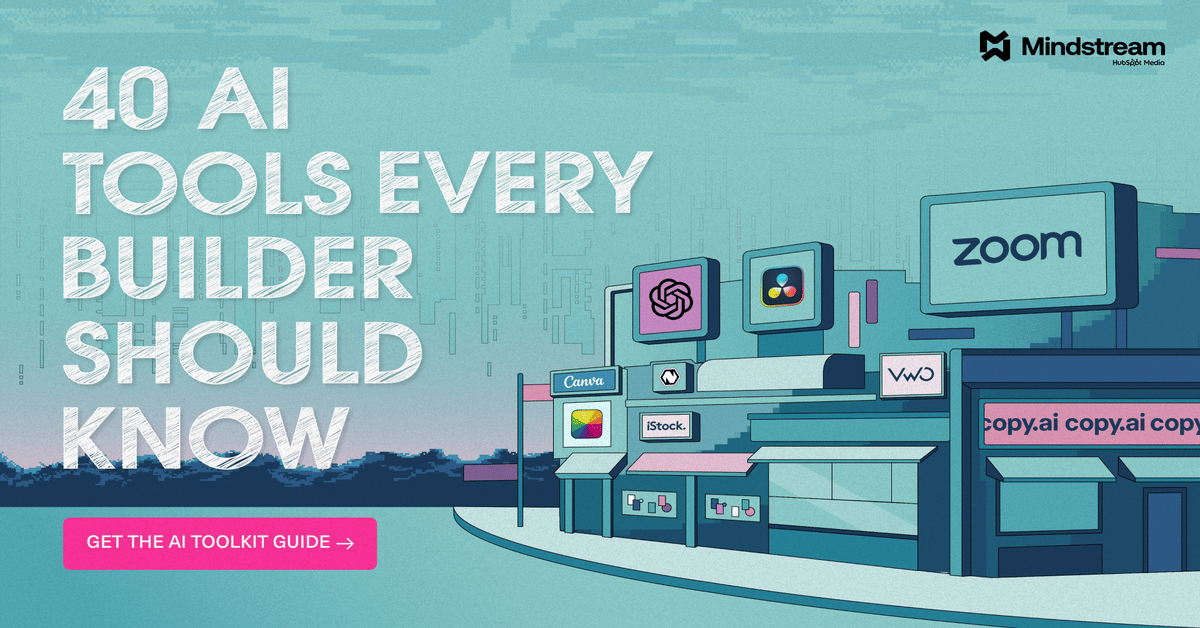
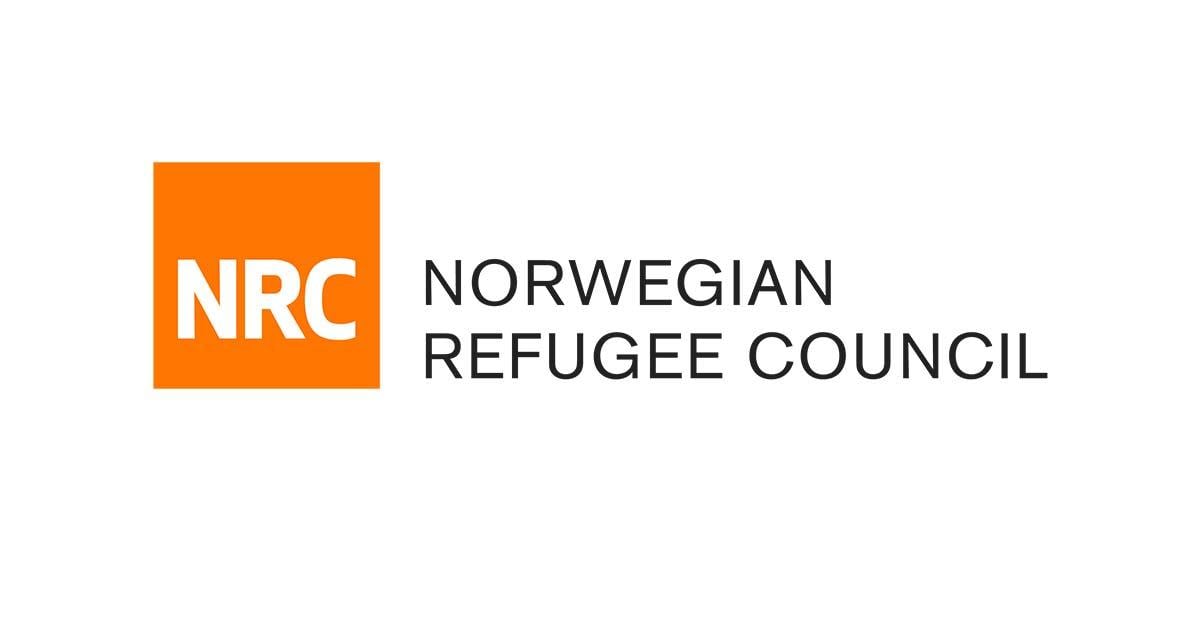



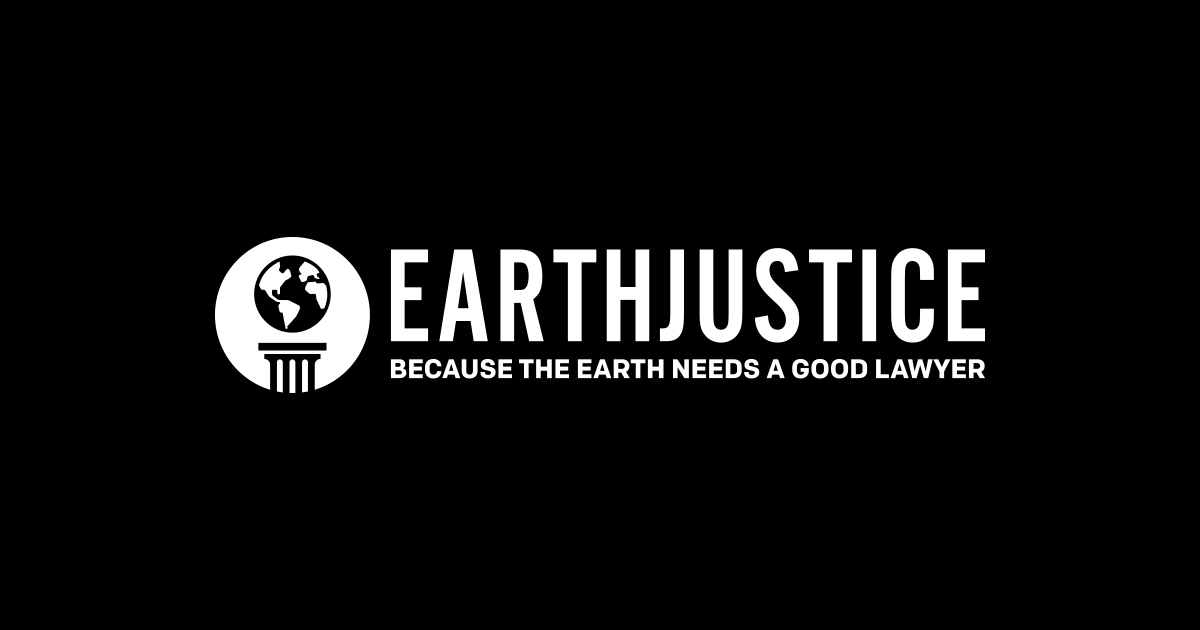
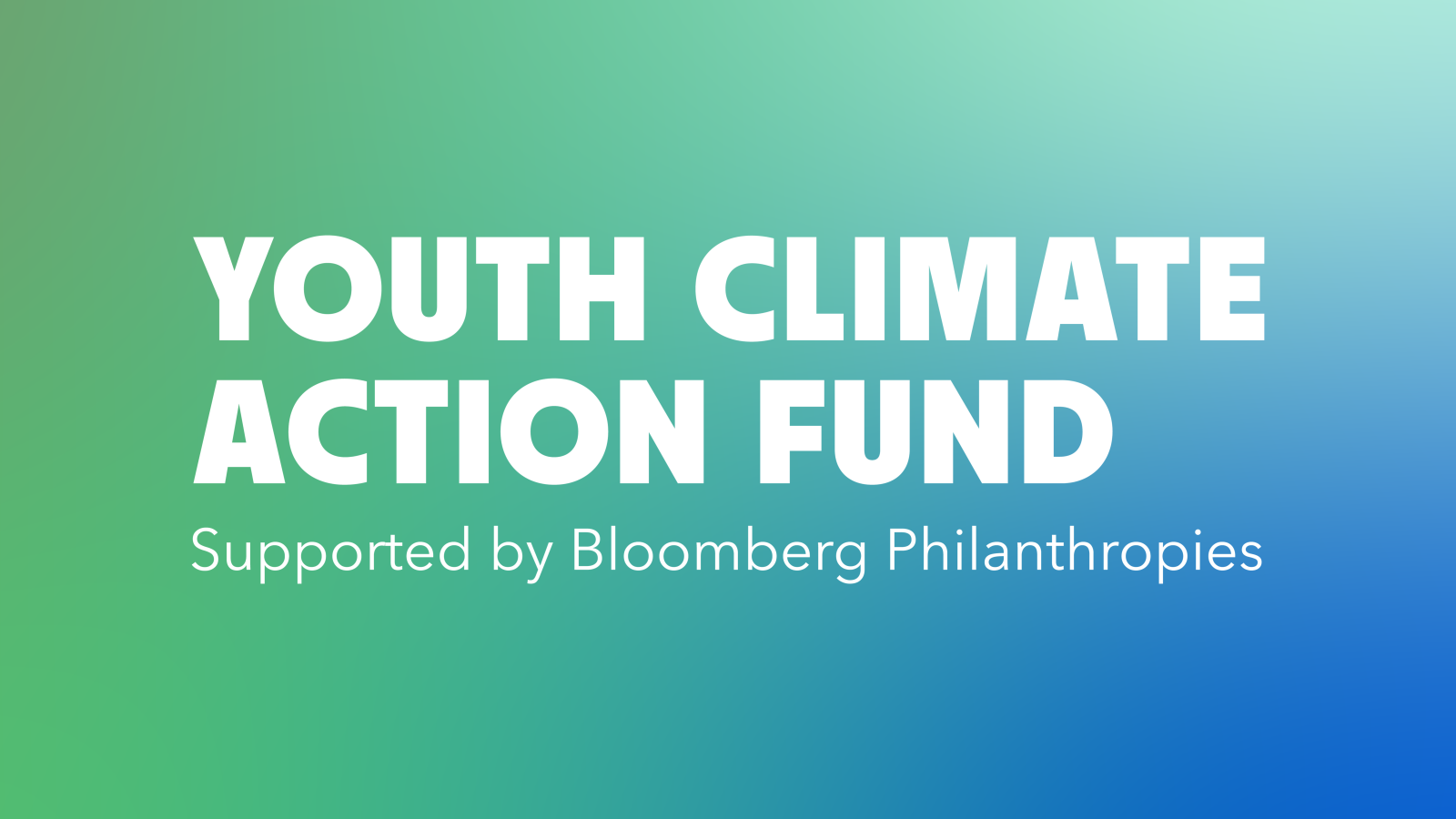
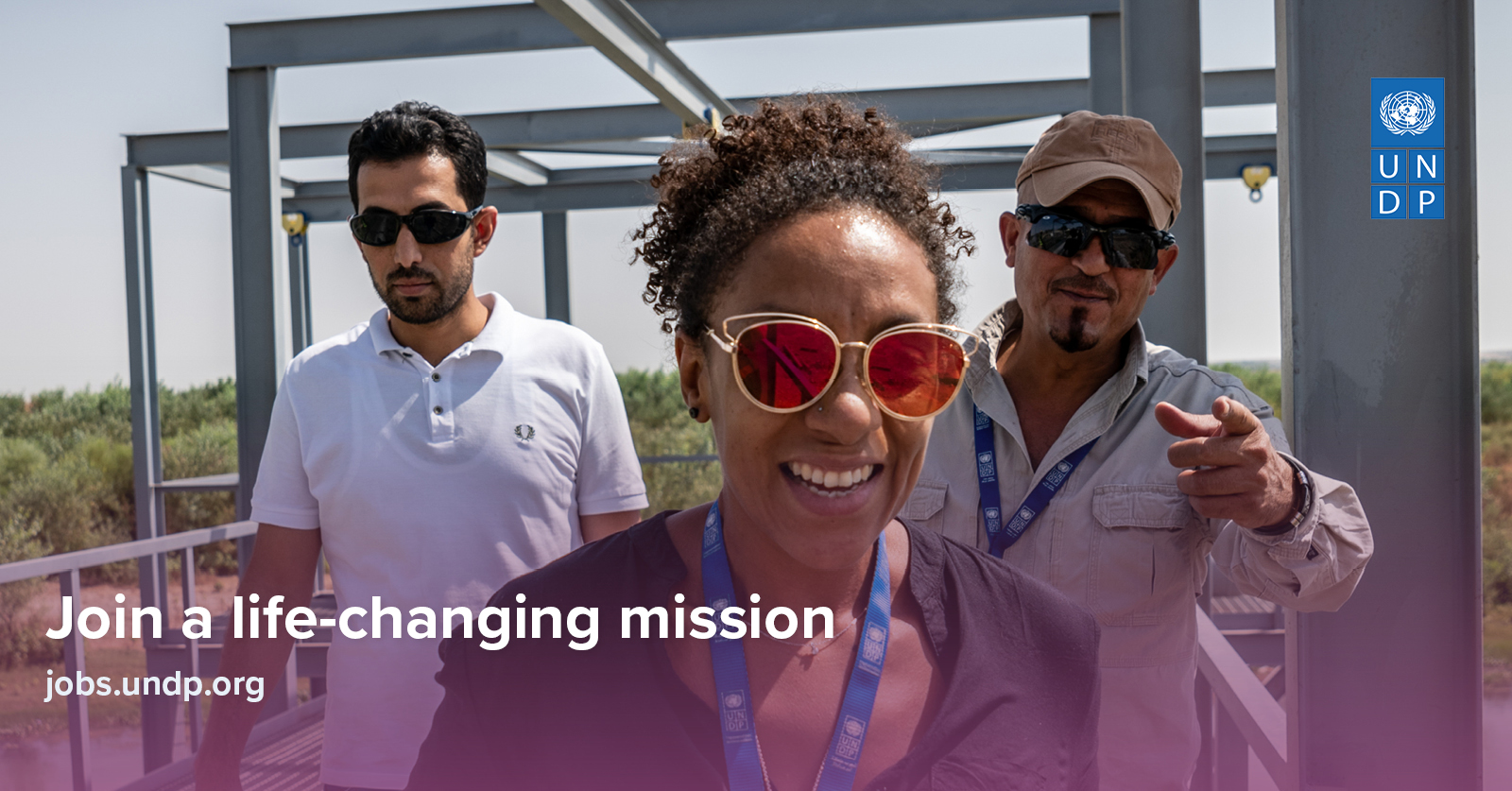

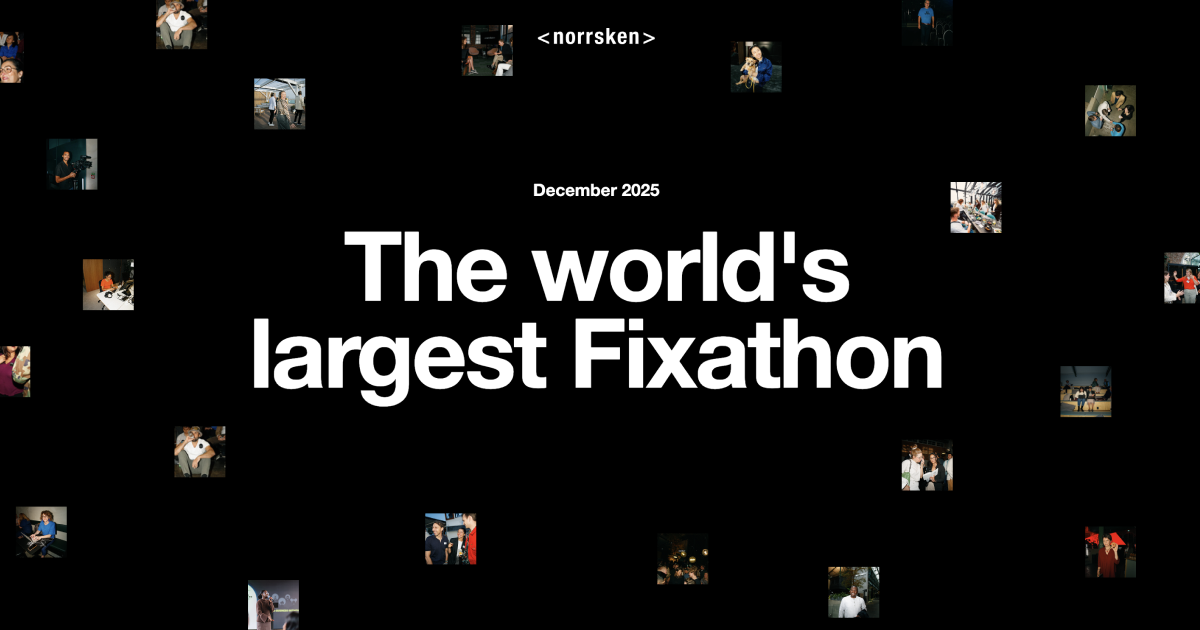






Social Impact Opportunities